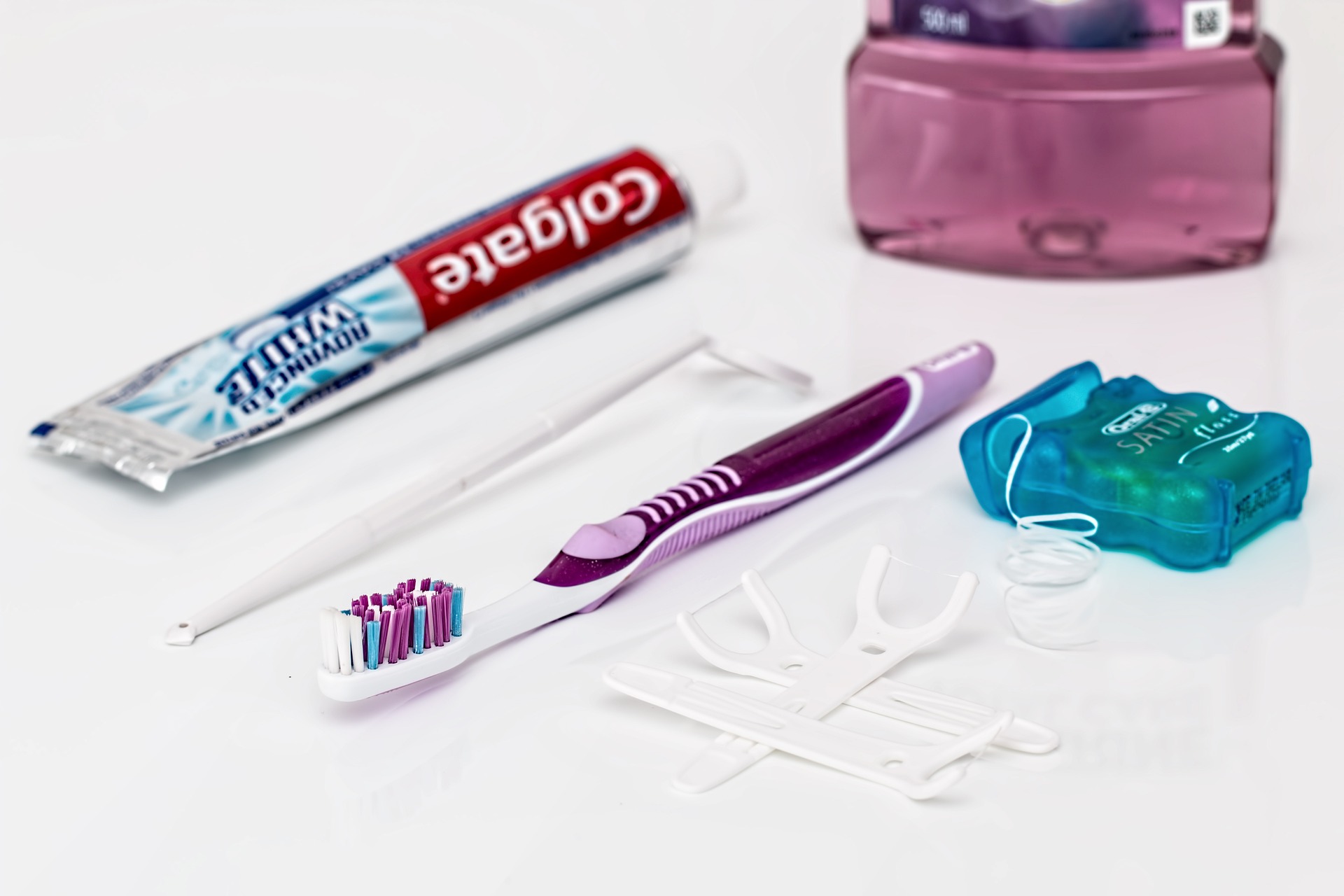Mar
22

When it comes to your confidence and self-esteem, never underestimate the power of a dazzling smile! Aside from being a reliable confidence booster, studies have even shown that smiling can increase your chances of getting a job during an interview!
But how do you keep your gleaming smile in tip-top condition at every stage of your life? In this blog, we’re going to go over 10 dental hygiene tips for healthy teeth and gums, so you can put your best face forward – literally!
Brush your teeth twice a day
One of the most important dental hygiene tips is to brush your teeth at least twice a day, and preferably after every meal if you can manage it. Make sure to use a soft-bristled brush and fluoride toothpaste for thorough cleaning and optimal protection – you can also follow this up with a mouthwash if you wish, but you should only use a mouthwash twice a day.
Always attend dental check-ups
A dentist’s check-up is the best way to identify any potential oral problems before they become serious; problems such as tooth decay and gum disease can both be degenerative, so spotting them promptly will prevent more painful and expensive dental issues down the line. If you haven’t been for a dental appointment in more than six months, make an appointment as soon as possible. Regular dental checkups can help prevent serious issues.
Floss daily
As important as brushing your teeth is, flossing is equally as important for removing plaque between the teeth and under the gum line. Regular flossing can help to prevent bad breath, gum disease, tooth decay and an array of other dental problems, so make sure you floss at least once a day! If you have sensitive gums or gums that bleed easily due to gum disease, speak with dental experts about the right flossing technique for you.
Read Next: Should You Floss Before or After Brushing Your Teeth?
Replace your toothbrush regularly
You should replace your toothbrush every three to four months, or sooner if you notice the bristles becoming frayed or bent out of shape. Make sure to store your brush in an open and dry area when not in use – it’s also a good idea to avoid sharing toothbrushes with other people, as this can spread infection. Where possible, opt for an electric toothbrush; electric toothbrushes tend to do a better job of cleaning the teeth and gums, and prevent you from damaging your gums by brushing too hard manually.
Limit your sugar intake
Sugar and processed food are two of the leading causes of cavities and tooth decay, so limiting your sugar intake is one of the most effective ways to protect your teeth and keep them healthy. Avoid sugary drinks and snacks as much as possible, opting for healthy foods instead where possible. If you are going to be drinking something sugary, try to drink it through a straw rather than allowing the drink direct contact with your teeth and gums.
Quit smoking
Everybody knows that smoking is bad for your overall health, but many might not be aware of just how bad cigarettes are for your oral health. Not only can long-term smoking cause yellow teeth, bad breath, gum disease and even premature tooth loss, but it’s also a leading risk factor for oral cancer. If you want to keep your gums and teeth healthy, quitting smoking should be one of the top items on your dental hygiene checklist! You can visit the NHS’s website here for information on free quitting services, or pop into your local pharmacy for advice and guidance on the best quitting methods.
Avoid shop-bought whitening treatments
The enamel on your teeth is key to your oral health, which is why it’s important to reinforce and protect it as much as possible. While you might feel like refreshing your smile with an at-home whitening kit, we’d generally recommend avoiding these treatments as they can strip away the enamel, leaving your teeth vulnerable to damage and decay. If you’d like to discuss whitening options, it’s best to book an appointment at the dentist first, who will be able to recommend suitable solutions for you, and will be able to carry out the procedure safely without risking your oral health.
Visit an orthodontist
If you’re having jaw or alignment issues, you’re better off visiting an orthodontic specialist than booking an appointment with your local dentist. Typical orthodontic issues include TMJ, teeth grinding (bruxism) as well as overbites or underbites, and these can all be improved or remedied with the help of a qualified orthodontist.
Brush your tongue
This might sound like a weird one, but hear us out! Bacteria can accumulate on your tongue and cause bad breath – as well as leaving you vulnerable to gum disease. Make sure to brush or scrape the surface of your tongue each time you brush your teeth to prevent bacteria buildup. There’s no use cleaning your teeth thoroughly every day, only for the bacteria on your tongue to undo all your hard work!
You May Also Like: Should You Disinfect Your Toothbrush?
Examine your mouth regularly
Finally, it’s important to regularly check the inside of your mouth for any signs of infection or disease, especially if you’re a smoker. Many signs of gum disease and other conditions – such as oral cancer – will first show up visually, in the form of swelling, mouth ulcers, and receding gums. Using a light (the light on your smartphone will do) and a hand-mirror, regularly inspect your mouth for signs of any problem. If you do notice a problem, consult with a dentist as soon as possible to ensure prompt treatment and prevent any condition from worsening.










